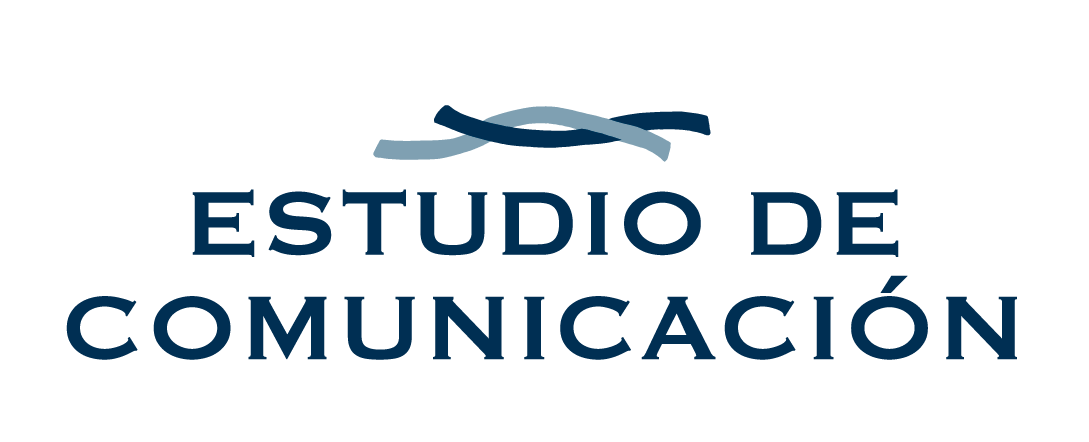The President of the Government of Spain, Pedro Sánchez, has announced the call for early elections for Sunday, July 23. Although it is an advance of only five months with respect to the legal term for the conclusion of the present legislature, this call has greatly accelerated political activity in the country and has opened the possibility of a change of direction in the command of the Executive of the nation.
At the same time, this electoral advance supposes the almost total paralysis of the functions of the central Administration, which will be limited to dispatching ordinary affairs during the next six weeks, as well as representing a obstacle for the performance of the rotating presidency of the European Union, which corresponds to occupy Spain as of July 1.
The early calling of elections has been forced by the defeat of the parties that make up the majority of the Government in the municipal and regional elections held on May 28. Both the Socialist Party (PSOE) and the far left party Podemos suffered severe losses in those elections, giving considerable ground to their opponents in the conservative Popular Party, Partido Popular (PP).
Sánchez interpreted this defeat as a vote of punishment for his government’s policy and decided to advance the general elections so that the Spanish voters decide as soon as possible if they maintain confidence in the parties of the current government coalition or prefer that power pass into the hands of the right.
The announcement of this new electoral campaign has further polarized Spanish politics. The Socialist Party warns of the risk that a victory for the Popular Party would entail for the social model that it claims to defend. PP, center right, might have to rely on the far right party Vox in order to achieve a majority in Parliament. The Popular Party, for its part, insists on the need to put an end to what it calls “el sanchismo”, which it defines as a very radical style of government that has led the country to division and confrontation. The leader of the PP, Alberto Núñez Feijóo, has explained that his intention is to obtain a majority that allows him to govern without Vox.
Meanwhile, the far left is waging a bitter infighting among its leaders, likely to see them divided into July elections with little chance of a good result.
Although PSOE and PP are presented to the voters as radically opposed options, the truth is that the arrival of the conservatives in the Government would not mean a substantial change in the country’s political or economic model, although it is foreseeable, in the event of a victory for the conservatives, an economic policy that places greater emphasis on controlling the deficit and public debt, as well as a brake on tax increases.
The polls so far predict a relatively comfortable victory for the PP. That does not guarantee, however, a majority to immediately form a government. Negotiations to form an Executive can be long and difficult. On the other hand, we must count on the recovery capacity of Pedro Sánchez, who has already shown signs of recovering in circumstances of extreme adversity in the past.
By Antonio Caño, Partner at Estudio de Comunicación
